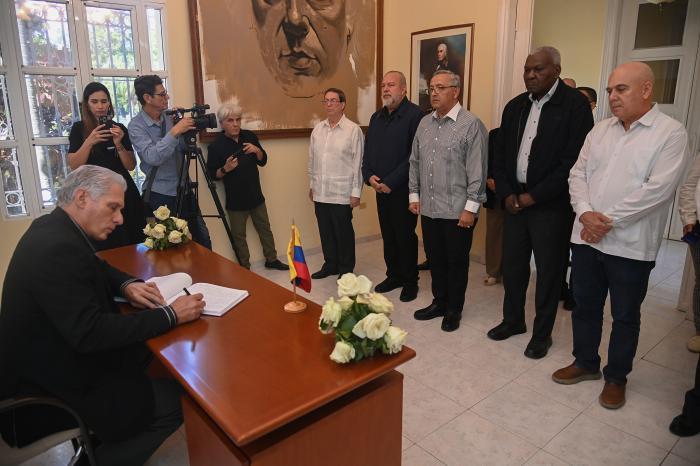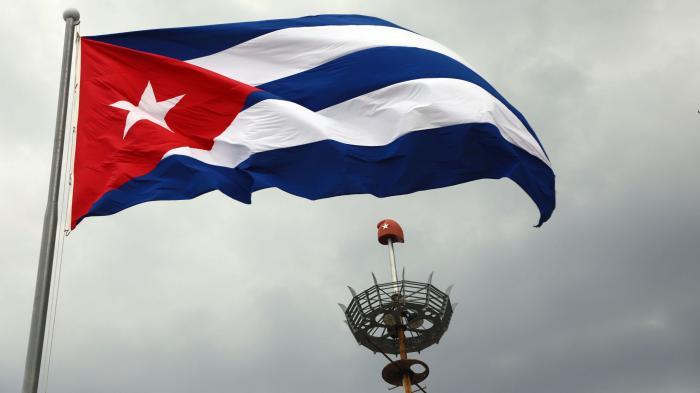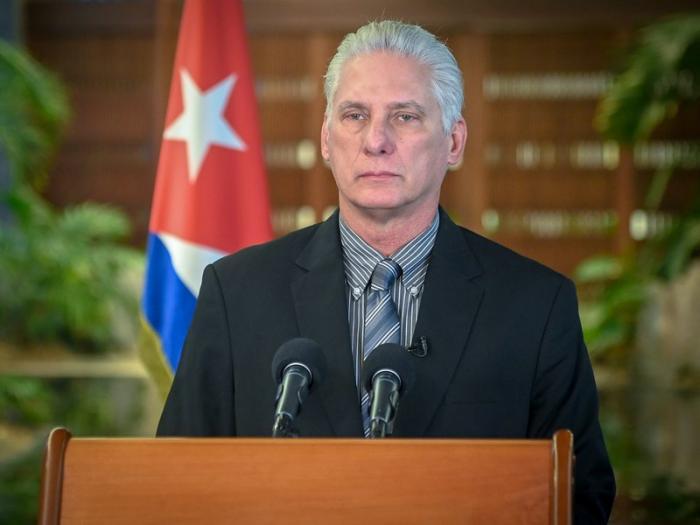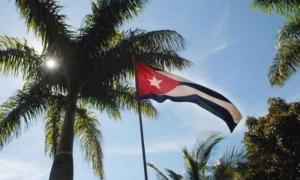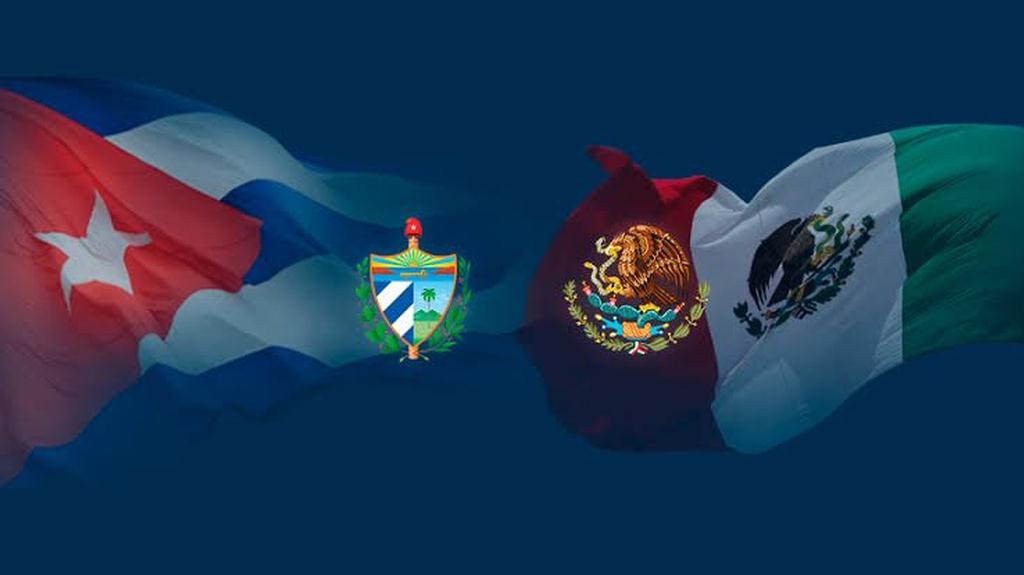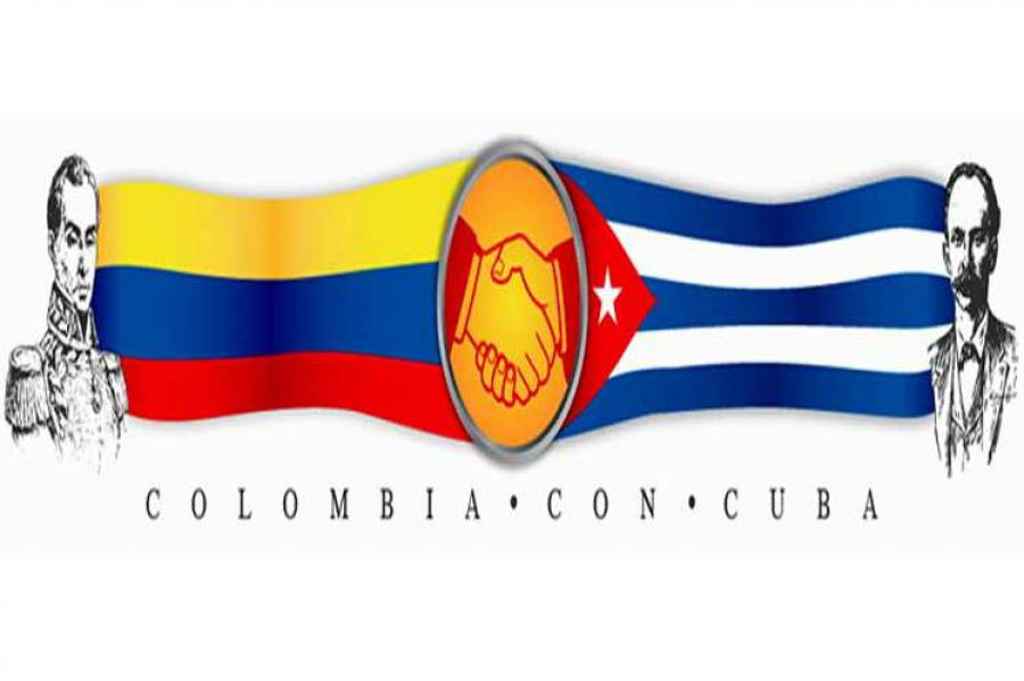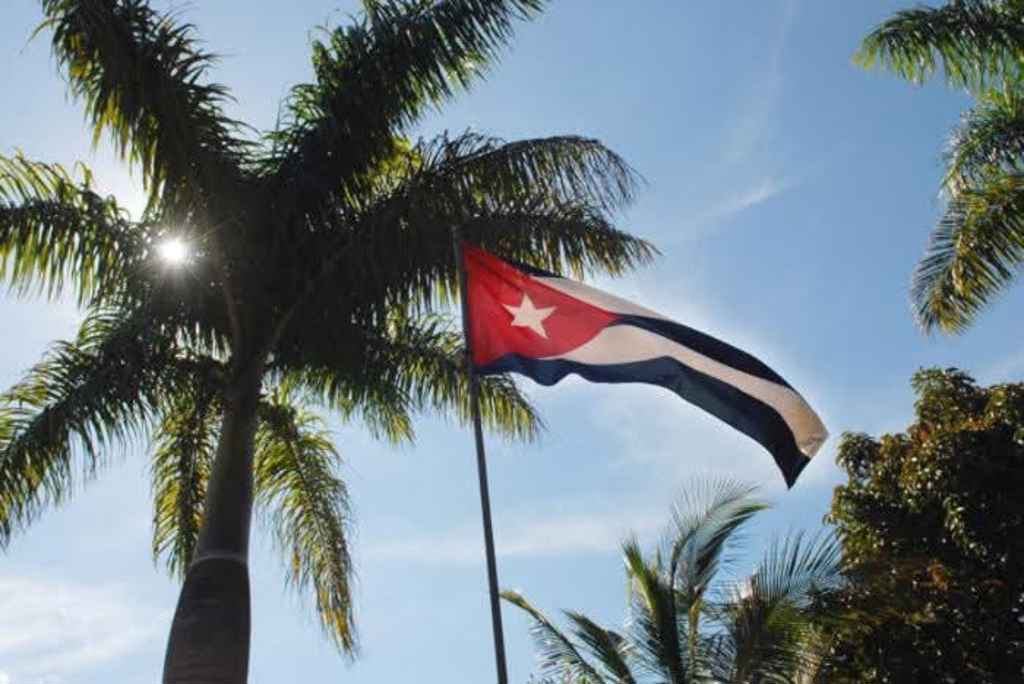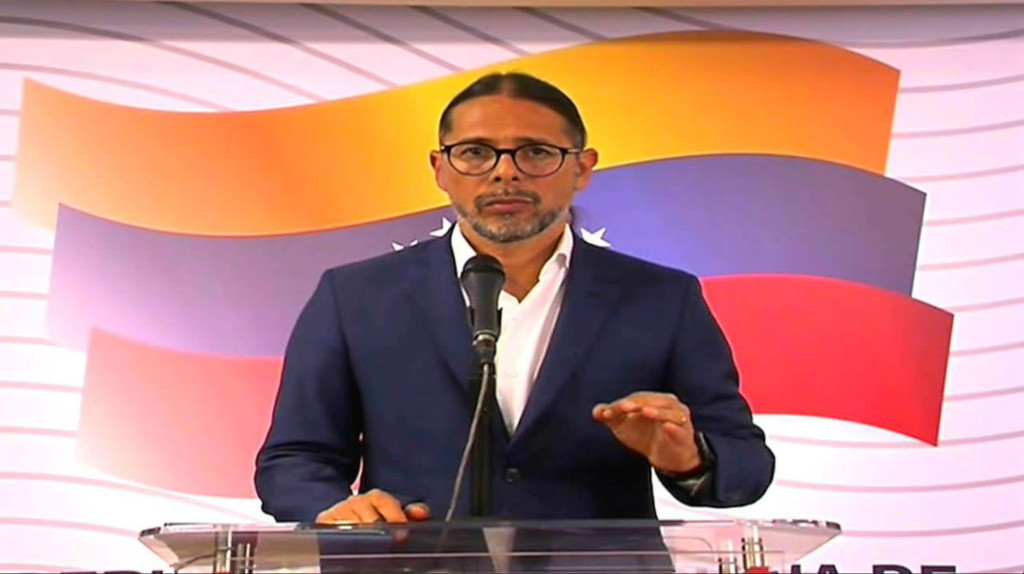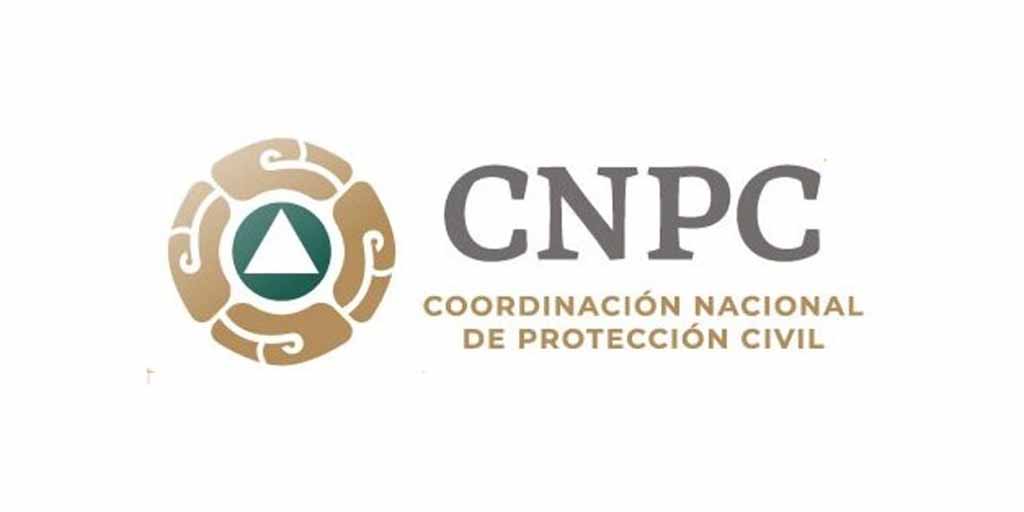The United States’ recent threats against Venezuela represent a disturbing repetition of historical patterns of imperial aggression across Latin America. This contemporary geopolitical crisis evokes painful memories of December 20, 1989, when US forces invaded Panama, resulting in civilian casualties in El Chorrillo neighborhoods, widespread bombings, and the eventual capture of Manuel Noriega.
The current justification for intervention follows familiar pretexts, with threatening rhetoric extending beyond Venezuela’s borders to encompass all of “Our America”—a term encompassing Latin American nations. The US government continues to arrogate itself the right to violate sovereign nations and kidnap foreign leaders while flouting international law, despite generating global protests and mixed international reactions.
Historical parallels abound. Simón Bolívar’s prophetic warning that the United States appeared “destined by Providence to plague America with misery in the name of freedom” resonates profoundly today. The current administration’s triumphalist rhetoric promising “freedom” through military intervention echoes previous justifications used against Iraq, Syria, and Libya—nations targeted for their resources by what the author characterizes as a “decadent and desperate empire.”
Particularly troubling are statements from certain Venezuelan and Cuban expatriates who celebrate aggression against their homelands or eagerly anticipate similar military actions against Cuba. Many of these individuals reside either in their countries of origin or within the United States itself, displaying what the author condemns as shameful annexationist desires.
The article invokes José Martí’s 1889 “Madre América” speech, delivered before the Pan-American Conference in New York, where he addressed Latin American immigrants living in the United States. Martí urged these communities to maintain pride in their heritage and serve their nations despite geographical displacement, warning against assimilationist tendencies and the naive belief that the US would generously bestow freedom and wealth upon Latin America.
Martí recognized two types of expatriates: those who coldly transfer allegiance to their new country while secretly wiping away “the last drops of mother’s milk,” and those who proudly maintain ties to their origins. From the latter, the author demands rejection of aggression, respect for sovereignty, protection of families, and resistance against economic or residency pressures that might compel them to betray their homelands.
The piece concludes that saving Venezuela equates to saving all of Latin America, humanity, and the principles of peace, sovereignty, and justice for all peoples threatened by imperial domination.

